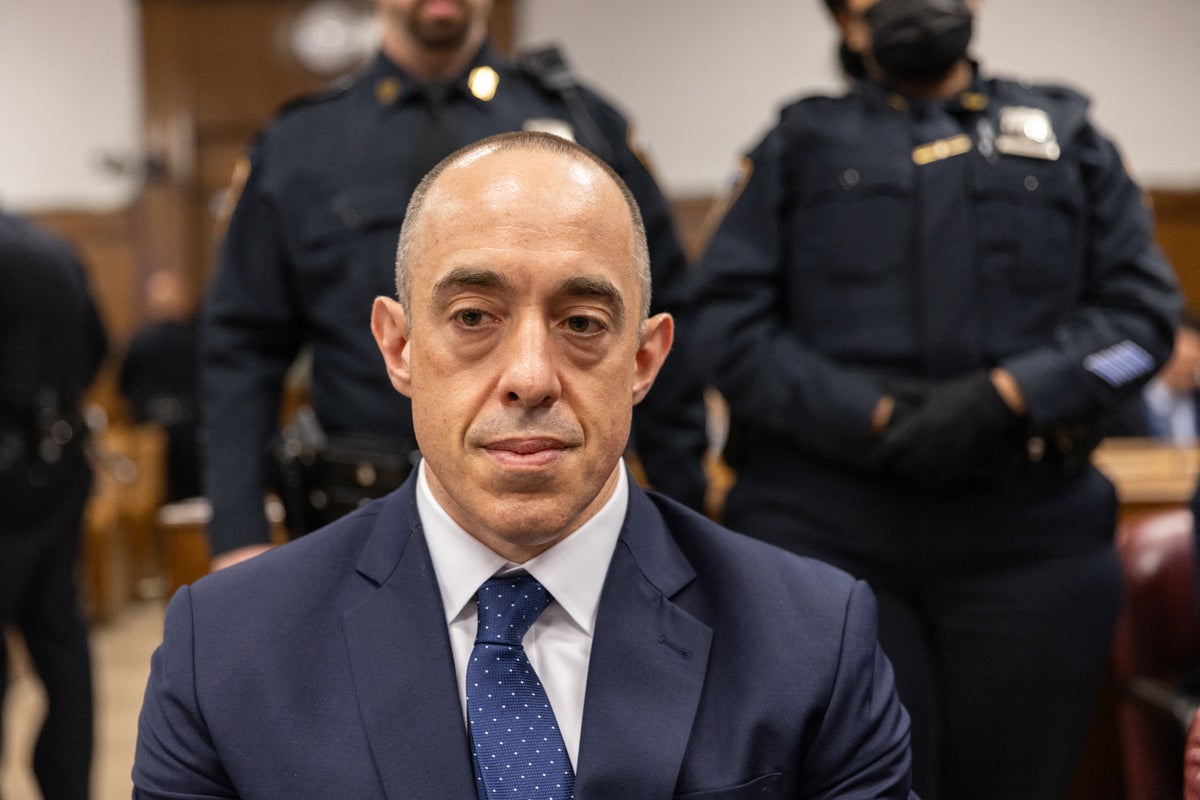ARTICLE AD BOX
House Republicans have warned that China is “becoming more aggressive” in the Caribbean following a trip to the region.
The chair of the House Permanent Select Committee on Intelligence, Rep. Rick Crawford of Arkansas, and Rep. Ronny Jackson of Texas visited Guyana, Suriname, and Barbados last week. Crawford told Politico that China is set to overtake the U.S. in terms of regional influence unless Washington increases trade and investment with Caribbean nations.
“We have taken our eye off the ball in our hemisphere, and that has allowed an entrée for the Chinese to fill that void, and they’ve done it pretty masterfully, right under our nose, and they’re becoming more aggressive,” said Crawford.
China is interested in the deposits of gas and oil in the area, as well as strategic sea lanes. It is making significant investments in the region through its Belt and Road international infrastructure effort, which includes building ports, bridges, and upgrading the electrical grid.

Crawford told Politico that such projects are giving China a power base in the region, which may grow into a threat to the U.S.
“If the Chinese say they would like to put a port in the Dominican Republic, well, of course they would, because they’d like another Djibouti [military base] right here in close proximity to the U.S. homeland,” he told the outlet.
Several countries have established bases in Djibouti due to its strategic location on the eastern coast of Africa, near the Gulf of Aden.
In the Caribbean, China is also pressuring countries to cut their connections to Taiwan, which has relations with Belize, Haiti, St. Kitts and Nevis, Saint Lucia, and St. Vincent and the Grenadines.
Former special assistant to the leader of U.S. Southern Command, Leland Lazarus, told Politico that “There are 12 countries that recognize Taipei and five of them are in the Caribbean, so it’s a key flank in that struggle.”
Crawford noted that Congress has neglected the Caribbean, partly because of the optics of it being a place for tropical vacations rather than an area of strategic importance.
“Who wants to be out in Jamaica, or Barbados, or Trinidad on the government nickel and be thought of as ‘You’re just vacationing,’” said Crawford.
The Trump administration has said that creating a deeper connection with the Caribbean is a foreign policy priority.

State Department spokesperson Tammy Bruce told reporters last month that the administration wants to “address illegal immigration, seek to dismantle criminal networks and push back against malign influences that threaten the stability of our hemisphere.”
Also last month, Secretary of State Marco Rubio, now also the interim national security advisor, visited Suriname, Guyana, and Jamaica. During his visit, he cautioned Venezuela, a Chinese ally, against military “adventurism” following a dispute over territory with Guyana. He also slammed the “terrible” state of roads built by the Chinese.
Crawford told Politico that he wants the U.S. to engage with the Caribbean Community’s Regional Security System and increase economic exchange. However, taking part in the Regional Security System would require legislation approved by Congress or joint action by Trump. Crawford noted that he hasn’t planned any such action yet.
He also suggested deploying the Army Corps of Engineers to help with infrastructure development, adding that financing by the Inter-American Development Bank could be a source of funding. The bank is a regional multilateral lender working to create economic growth in the Caribbean and Latin America. A top State Department official sits on the bank’s board.
Guyana native Wazim Mowla heads the Caribbean Initiative at the Atlantic Council.
He told Politico that the region’s “development challenges are skyrocketing — energy insecurity, food insecurity, spikes of crime and violence.”
“There is a lot of financing and technical assistance that is needed for the region, and at the moment, there hasn’t been a single country to step up and raise their hand,” he added.
“We’ve got to give them some options so that they can actually do business with us,” said Crawford.
However, Trump has placed 38 percent tariffs on imports from Guyana and 10 percent on other Caribbean countries, which could provide an opening for China in the region.









 English (US) ·
English (US) ·